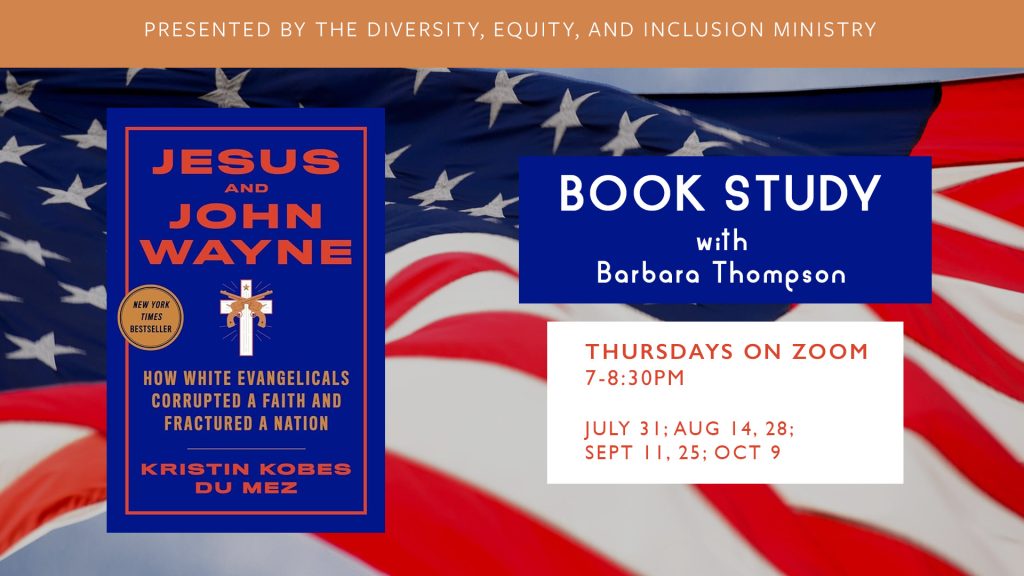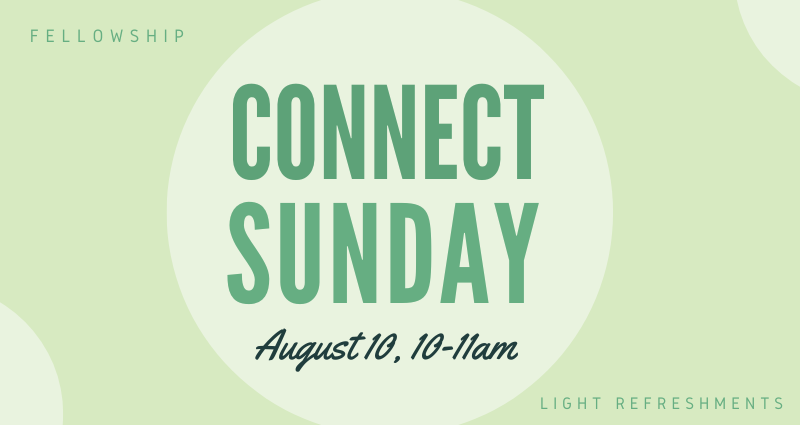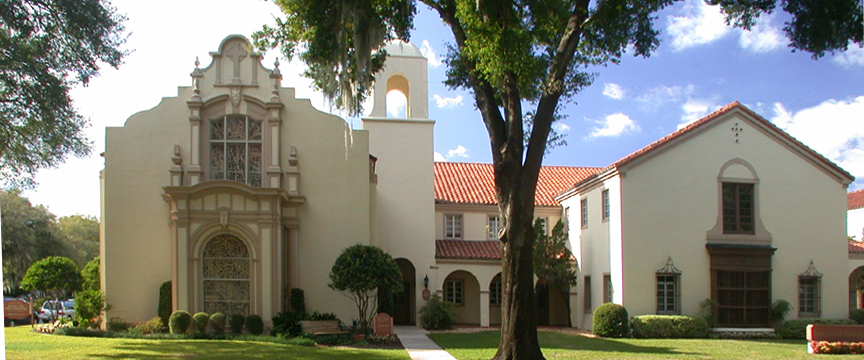Hey church family! If you’ve read one of my previous blog posts, I hope you can tell that I am really really passionate about student connect groups. There are so many reasons, but the strongest reason is that I believe student connect groups are the future of our church and for our student ministry. Here are a few reasons why:
Growth
As schedules become more and more saturated with sports, school, and extracurriculars, it becomes harder and harder for families to make Sunday morning or evening church a priority. Student connect groups meet at any time and on any day and also give a huge opportunity for students to grow in their faith. This gives our sphere of influence as a church a massive opportunity for growth.
Sometimes it can feel weird talking about growth when it comes to the church. But we aren’t selling widgets, we are spreading the love of God. We should always hope for that to grow. There are students who are being ministered to by Elevate who will never darken the door of our sanctuary. I think that’s a pretty cool thing. The message of Jesus will never change, even if when we hear it does.
New leaders and hosts
What is hard to understand is that the “work,” of the church is a real faith formative process. Even if I am the student ministries director, I am also charged with ministering to families and volunteers. The best way we get to do that is through giving varying and plentiful leadership opportunities. As our student connect groups grow, so will our chance to have more people serve and in different capacities. God will call us, as a church, to find new people to serve; people who never thought they could serve, to make an enormous Kingdom impact.
As our base of leaders and hosts grow, so does our opportunity to give the gift of growth and development in the spiritual lives of our people.
Let me be specific- if you’re reading this and think you could never ever be a leader or a host… I’m probably talking about you. I have enough people who feel confident that they can lead. Jesus is calling those who think they couldn’t in a million years.
You can’t lead in a million years: the need is much more immediate.
Faith that is owned
Too many students are going to college with their parents’ faith in their backpack, thinking it will survive to adulthood. They learned about Jesus in the way their parents knew him and they hope that this context will apply to their lives as independent adults. Time and time again, this proves to be false.
You see, we need a faith that makes sense for us, personally. Our faith needs to be something that we own- something that we work on ourselves. When hard times come, we have to be able to take our faith apart, examine the different aspects, and put it back together. We can’t do that if we didn’t build the faith ourselves in the first place. Third-grade bibles are not enough. Confirmation is not enough. Only the intense and powerful work of a small group community will do this work.
When our students were baptized into the church, we pledged that we would live a life according to the example of Christ, so that they would walk in the way that leads to life. Would you join us in student connect groups? Would you fulfill your vows in a way that will lead to a radical faith, formed by young people that will lead to their walking in the way that leads to life?
I hope you do.
Michael LeBlanc, Director of Student Ministry












 hosts.
hosts.
 The winner of the Spirit to Care Award presented by Florida Hospital is Louis Allen Williams II. Our winner has made caring his way of life through his countless volunteer positions. He’s a tremendous blessing to our community as a volunteer at the Orange County Regional History Center, the Orlando Museum of Art, the Orlando Shakespeare Theater, the Enzian Theater, 33rd Street Jail Ministry, Bicycle Blessings Ministry and CERT (Community Emergency Response Team). He’s a Florida Hospital Layman Clergy and serves the Tuskawilla First Methodist Church through its Food Bank, Men’s Group and Christian Blessings Bible Study.
The winner of the Spirit to Care Award presented by Florida Hospital is Louis Allen Williams II. Our winner has made caring his way of life through his countless volunteer positions. He’s a tremendous blessing to our community as a volunteer at the Orange County Regional History Center, the Orlando Museum of Art, the Orlando Shakespeare Theater, the Enzian Theater, 33rd Street Jail Ministry, Bicycle Blessings Ministry and CERT (Community Emergency Response Team). He’s a Florida Hospital Layman Clergy and serves the Tuskawilla First Methodist Church through its Food Bank, Men’s Group and Christian Blessings Bible Study. Looking towards this summer, Studio 150 is geared up to host the summer dance camp to serve lower income children with healthy movement, healthy lunches, and healthy nutrition education. Let’s congratulate our team for this recent grant announcement (
Looking towards this summer, Studio 150 is geared up to host the summer dance camp to serve lower income children with healthy movement, healthy lunches, and healthy nutrition education. Let’s congratulate our team for this recent grant announcement (